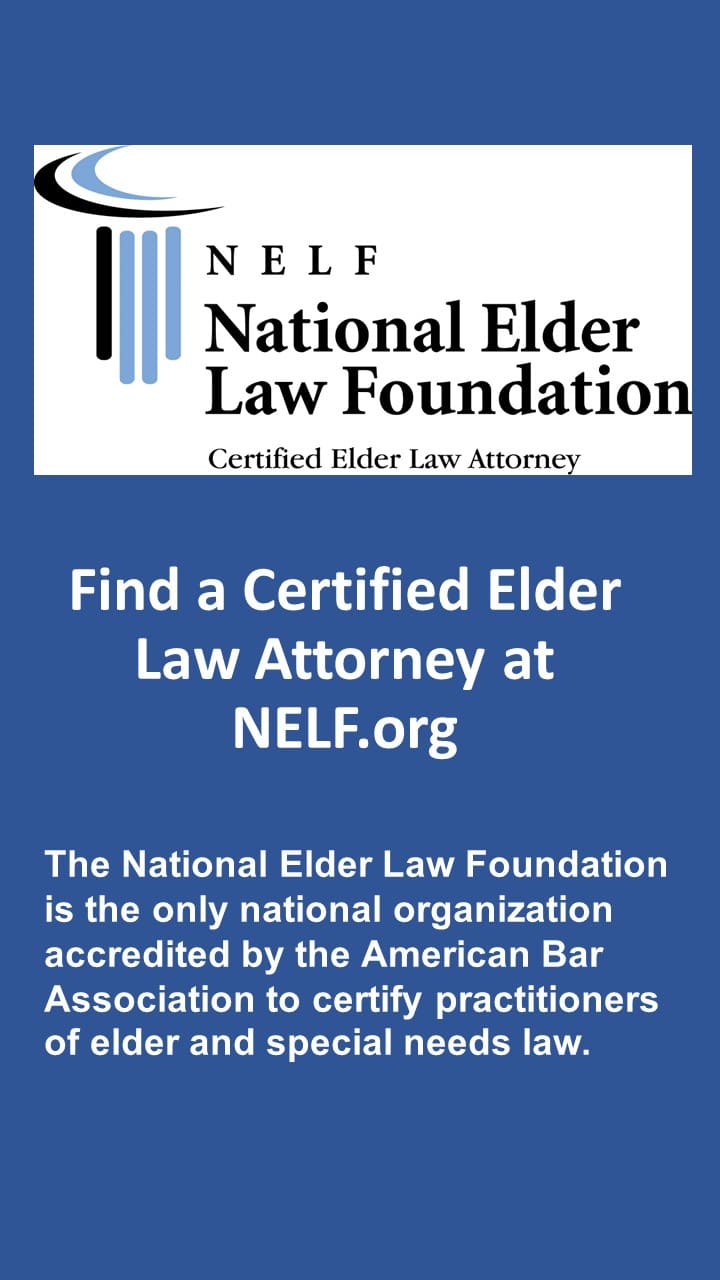In Agency for Health Care Administration v. Spence (Fla. App. 3rd Dist May 22, 2024) the Court of Appeals reversed a probate court order authorizing distributions from a special needs trust without first reimbursing the Medicaid agency.
Ryan Spence was a disabled child adopted by Kathleen Spence. After Spence was killed, a settlement agreement allocated funds between her minor children and Ryan’s portion was placed in a special needs trust. The trust was irrevocable and included the following payback clause:
Section 1. Notice and Payback Provisions
It is the intent of this trust that the trust estate be exempt from being counted as an available resource to the Beneficiary under . . . the Medicaid provisions of the Omnibus Budget Reconciliation Act of 1993, §13611 (amending 42 United States Code §1396p(d)(4)(A)), and implementing Medicaid regulations. The Trustee shall therefore comply with the following provisions.
A. Notices
On the death of the Beneficiary, or the earlier termination of this Trust, the Trustee shall give notice to the Third Party Liability (sic) of the Florida Agency for Health Care Administration (“AHCA”). . . .
B. Distribution and payments
On the death of the Beneficiary or earlier termination of this trust, the Trustee shall first distribute to the Florida Agency for Health Care Administration (hereinafter “AHCA”), then to any other appropriate State agency entitled to Medicaid reimbursement from the remaining principal and income of this trust, up to the amount remaining in this trust, an amount equal to the total medical assistance paid on behalf of the Beneficiary by the Medicaid program. The Trustee shall instead contact AHCA to obtain the dollar amount of medical assistance provided and then submit that amount, or amount remaining in this trust, whichever is less, to AHCA.
In January 2023, after Ryan was over the age of 18 and no longer had any disability, the trustee sought to distribute the trust directly to Ryan, without paying back Medicaid. Medicaid filed an objection. Medicaid argued it has paid $50,281.73 for Ryan’s medical assistance and that it was entitled to reimbursement before any trust income or principal was distributed to Ryan. “[T]he probate court granted the Petition; denied AHCA’s objection and its claim for $50,281.73; and authorized the Trustee to distribute the Trust assets to Ryan without reimbursing AHCA. AHCA’s appeal timely followed.”
On appeal, the court noted that the trust, a self-settled trust, was established under 42 U.S.C. § 1396p(d)(4)(A). Under the law resources in a properly established special needs trust are excluded when determining Medicaid eligibility. The quid pro quo for this special treatment is inclusion of a payback provision in self-settled trusts (sometimes called d4A trusts). Ryan’s trust was drafted to comply with this law; if it had not been drafted to include a payback provision, receipt of the settlement could have resulted in a loss of Medicaid.
Ryan’s final argument was that Medicaid’s original agreement with Ms. Spencer, encouraging her to adopt Ryan, did not include payback language so the payback provision should not be enforced. The court rejected that argument, distinguishing the adoption agreement from the trust and noted that if the SNT had not included payback language then Ryan’s Medicaid would have been in jeapardy.
The case was remanded with instructions to enforce the payback clause to the extent petitioners sought to terminate the trust.






